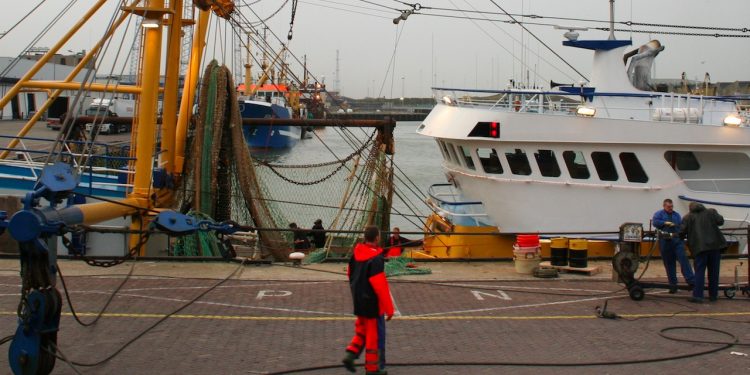Fishing industry bodies are looking to rule out social-washing as they emphasise the importance of the ILO Work in Fishing Convention C188 as the standard for human and labour rights among fishing people, which can not be replaced or substituted by private schemes.
During the plenary session of the European social dialogue committee for sea fisheries, ETF and Europêche adopted a joint resolution establishing benchmark principles aimed at better regulating the proliferation of sustainability labels certifying social conditions on board fishing vessels.

Voluntary social standards and certifications were recognised as drivers of sustainable economic development and a vital instruments to support learning, dialogue and trust-building between companies and stakeholders. But the social partners agreed on the fundamental principle that private labels must never go below the internationally recognised social standards set in ILO Convention C188.
‘ILO C188 contains the minimum compulsory requirements to be respected and should be included in full, avoiding any cherry-picking in any voluntary certification scheme. The private labels which do not cover those minimum standards, should not be recognised as socially sustainable. So, any social-washing labels from third countries shall be left out of the single market.”said ETF Fisheries Section Chair Juan Manuel Trujillo.
‘In a highly competitive market for sustainable seafood products, admitting sub-standard certification schemes as socially sustainable would expose EU fishermen and companies to unfair competition,’ added Europêche spokesperson in the European social dialogue, Ment van der Zwan.
‘EU consumers would as well be highly misguided by the information provided by the label. Customers may chose a product labelled as socially sustainable, that in reality is not, over an European product with no such label but that by definition has to comply with higher social standards. It would be illogical and a commercial ruse.’









